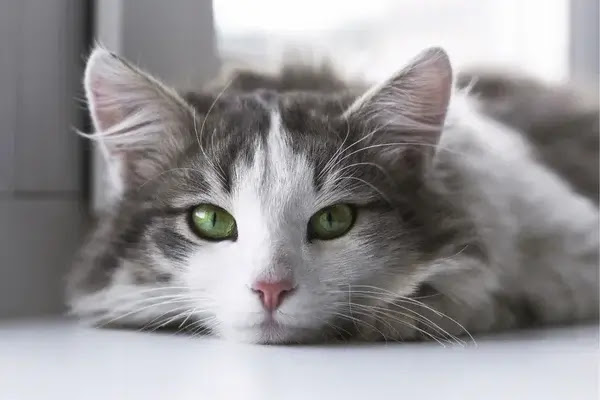Losing a beloved pet can be a heartbreaking experience, leaving pet owners grappling with a range of emotions. For many, pets are considered family members, offering unconditional love and companionship. When they pass away, the grief can be overwhelming, and some individuals may even find themselves facing symptoms of depression. In this article, we will delve into the profound bond between pets and their owners, explore the impact of pet loss on mental health, understand the link between pet loss and depression, and provide strategies to cope with grief and find healing.
Understanding Pet Loss
-
The Bond Between Pets and Owners: Pets often become an integral part of our lives, providing joy, love, and comfort. The deep emotional connection shared with them makes their loss profoundly impactful.
-
Coping with the Loss: Dealing with pet loss involves navigating through stages of grief. Understanding and accepting the feelings that arise during this process are vital steps toward healing.
-
Signs of Depression: Pet owners may exhibit signs of depression following the loss of their cherished companions. Identifying these signs is crucial in seeking support and intervention.
Impact on Mental Health
-
Grief and Depression: The grieving process for a pet can sometimes lead to depression. Distinguishing between normal grief and depression is crucial in addressing emotions effectively.
-
Coping Mechanisms: Discovering healthy coping mechanisms to navigate grief can assist individuals in managing their emotions and finding hope in challenging times.
-
Seeking Professional Help: Seeking the support of a mental health professional can provide invaluable assistance for those struggling to cope with pet loss-related depression.
The Human-Pet Relationship
-
Benefits of Pet Companionship: Exploring the many ways pets positively impact their owners’ mental and emotional well-being can help us understand why their loss can be so devastating.
-
Importance of the Loss: Validating the significance of pet loss allows individuals to process their emotions and begin the healing journey.
-
Coping Strategies: Implementing various coping strategies can help pet owners navigate grief and find comfort in their cherished memories.
The Link Between Pet Loss and Depression
-
Studies and Research: Examining studies and research on the topic reveals the extent of the impact pet loss can have on an individual’s mental health.
-
Factors Influencing Depression: Various factors contribute to how pet loss affects each person differently, including their attachment to the pet and the circumstances surrounding the loss.
-
The Role of Support: Understanding the importance of a support system can make a significant difference in helping individuals cope with depression after losing a pet.
Helping Children Deal with Pet Loss
-
Explaining Loss to Children::Supporting children through the grieving process involves explaining the concept of loss in a way they can comprehend.
-
Encouraging Emotional Expression: Fostering an environment that encourages children to express their feelings helps them process grief and build emotional resilience.
-
Creating Memorials: Creating memorials or rituals to honor the pet’s memory can provide comfort and closure for children coping with pet loss.
Handling Grief and Emotions
-
Self-Care during Grieving: Practicing self-care is crucial during the grieving process to maintain physical and emotional well-being.
-
Supportive Resources: Seeking out supportive resources, such as pet loss support groups, can provide comfort and understanding during difficult times.
-
Honoring the Pet’s Memory: Finding unique ways to honor the Pet’s memory can be a meaningful part of the healing process.
Pets as Therapy for Depression
-
Therapeutic Benefits: The therapeutic benefits of interacting with pets can have a positive impact on individuals experiencing depression.
-
Emotional Support Animals: Understanding the role of emotional support animals in alleviating symptoms of depression can provide insights into their importance.
-
The Healing Process: How pets can aid in the healing process for individuals struggling with depression after losing a pet.
Moving Forward After Pet Loss
-
Acceptance and Healing: Accepting the reality of pet loss is crucial in moving forward and finding healing.
-
Opening Up to New Connections::Exploring the possibility of welcoming a new pet into one’s life can be a step towards finding happiness again.
-
Considering Adoption: Adopting a pet in memory of the lost companion can be a meaningful way to honor their memory while providing love and care to another animal in need.
Conclusion
Losing a pet is a deeply emotional experience that can lead to feelings of grief and depression. The bond between pets and their owners is powerful, making the loss all the more difficult. However, it is essential to recognize that grieving is a natural process, and there are various coping strategies available to help individuals navigate through this challenging time. Seeking support from loved ones and, if necessary, mental health professionals can be beneficial in finding healing and eventually moving forward. Remember that it’s okay to grieve, and with time and support, the pain will ease, leaving cherished memories of the beloved companion.

